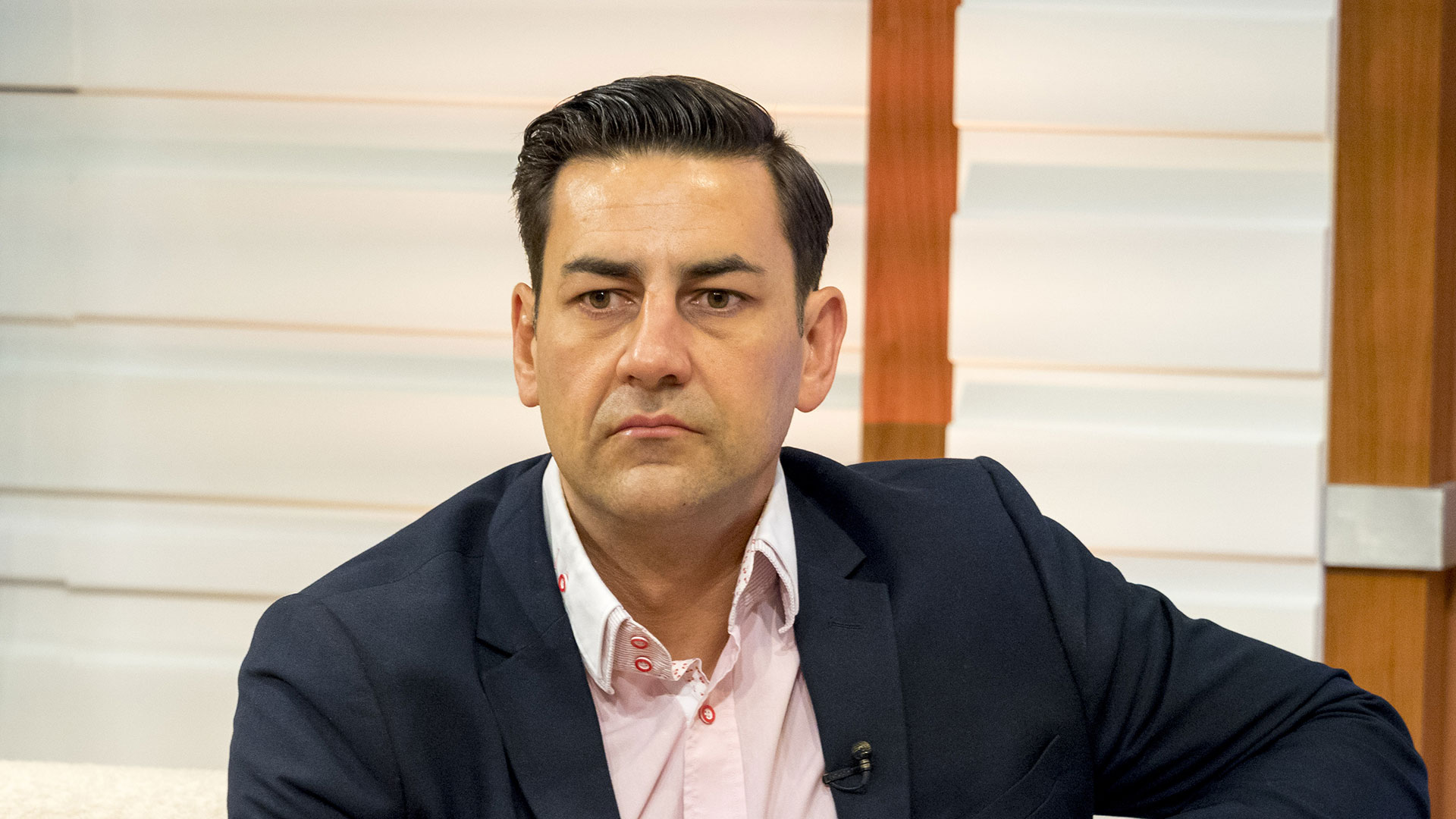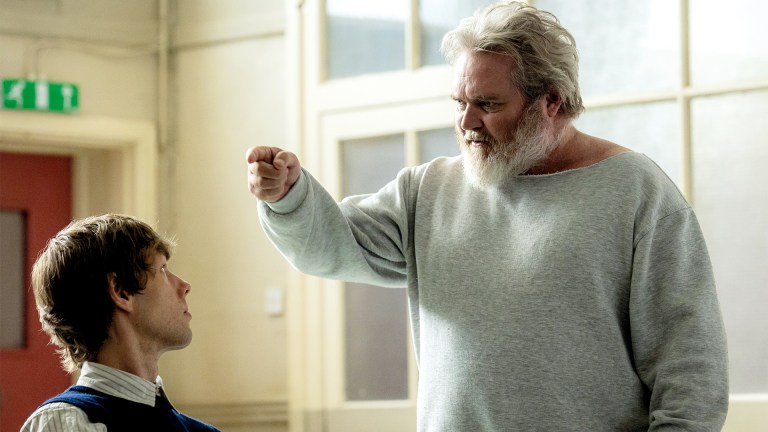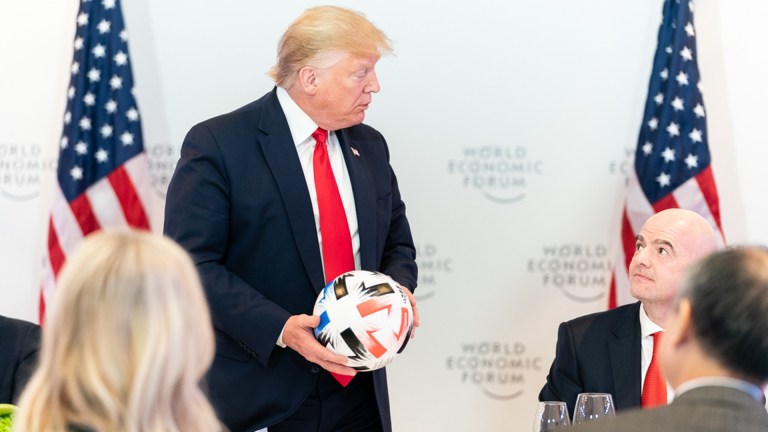I hate football. I’ve never been to a match, don’t understand the rules and played it only once – I scored straight away and ran to my team-mates who couldn’t believe it, couldn’t believe my spectacular own goal.
Every Saturday, as soon as the cartoons finished, our telly was turned over to acres of green streaked with red, white and blue, black and white and stripes of every colour. I switched off. To me, the World Cup is a festival of corruption set to a soundtrack of jingoism and ringing tills. Clubs are super-brands worth billions, their star players almost as prized. Cristiano Ronaldo is an aftershave fragrant with ‘enigmatic darkness’.
Rangers and Celtic were the only teams where I grew up, well, there was a third – Motherwell. With a Protestant dad I was expected to support Rangers. But Celtic, technically the team of my Catholic mum, also had claim. Honestly, the west of Scotland then was like Northern Ireland without the bombs – support the wrong team and you’d need support walking home. To avoid these troubles I was told to say I supported Motherwell, which puzzled bigger boys long enough for me to get away.
At school, I captained every quiz team but it was the football lads who got all the glory, all the praise at assembly
At school, I captained every quiz team but it was the football lads who got all the glory, all the praise at assembly. With some reason – Barry Ferguson, who was in the year below me, went on to captain Rangers. But because of boys like Barry, I spent PE lessons in the library with a permanent sick note. Please excuse Damian from sport as he is gay.
Honestly, it might as well have said that.
Bender, cannae even kick a ball straight, they said. The terrible burning shame of being picked last then told not to try and get the ball and afterwards the ‘banter’ in the changing rooms, the switching of my shower to cold. Most shamefully, my sister captained the girl’s football team. My little sister.






